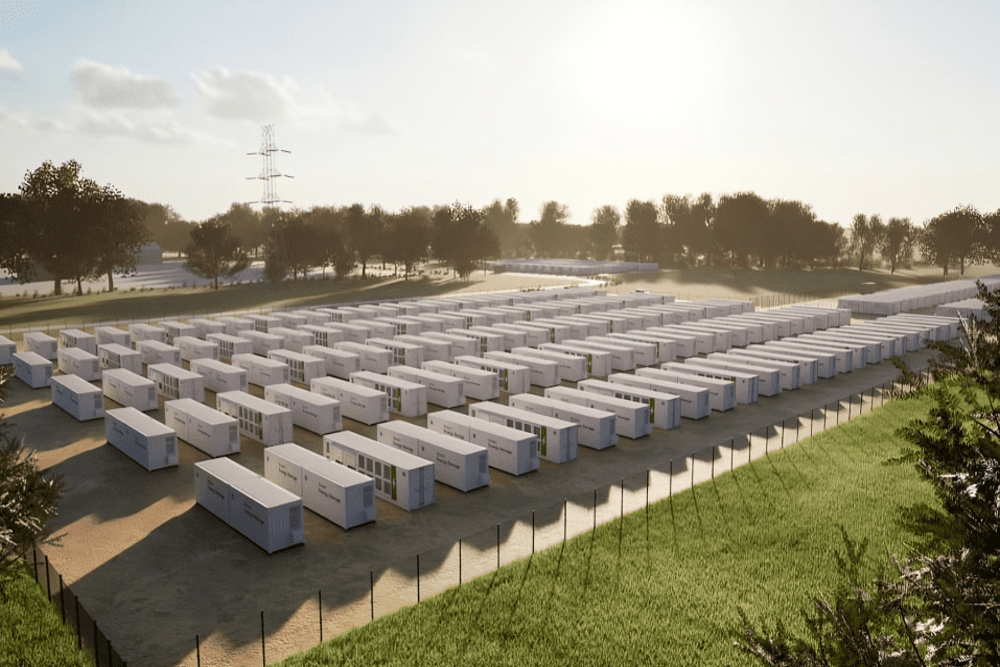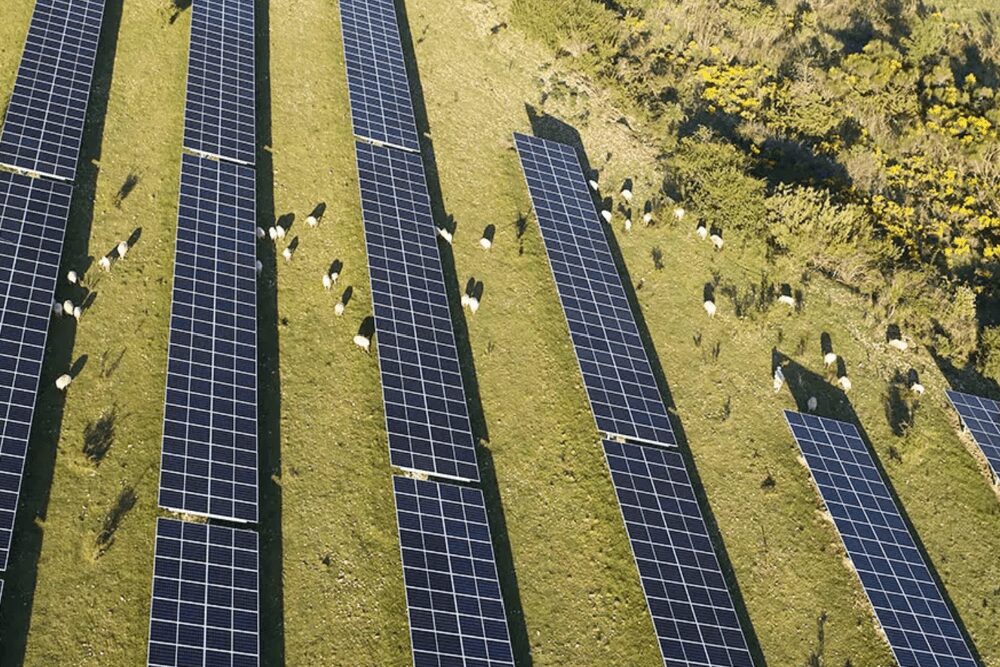
Battery Energy Storage Systems (BESS) are becoming crucial for smart energy strategies used in public grids, homes, and businesses.
A report by ABI Research predicts that the global battery storage capacity in the commercial and industrial (C&I) sector will reach 124 GWh by 2030, growing at an annual rate of 31.6 per cent.
According to ABI Research End Markets and Verticals VP Dominique Bonte, “Battery storage offers a wide range of benefits, ranging from buffering unpredictable renewable energy generation and addressing volatile pricing to higher levels of energy availability, quality, resilience, independence, and flexibility. Additionally, C&I BESS systems are instrumental in meeting sustainability and decarbonisation targets and play a critical role in stabilising public grids.”
To maximise benefits, businesses should integrate BESS into smart energy systems, use AI and IoT for lifecycle management, and choose suppliers offering lifetime support and technology upgrades.
Chinese suppliers dominate the BESS market, but a more balanced international market is expected.
The industrial sector, including mining and data centres, accounts for over 60 per cent of all BESS C&I capacity.
These insights are from ABI Research’s report on Battery Energy Storage Systems for Enterprises and Industries, part of their Smart Energy for Enterprises and Industries research service.
The BESS industry includes various companies and technologies dedicated to creating, producing, and deploying battery-based energy storage solutions.
Major players in this industry include Hitachi, Tesla, NEC Corporation, Johnson Controls, NextEra Energy, and Mitsubishi Power, among others.











